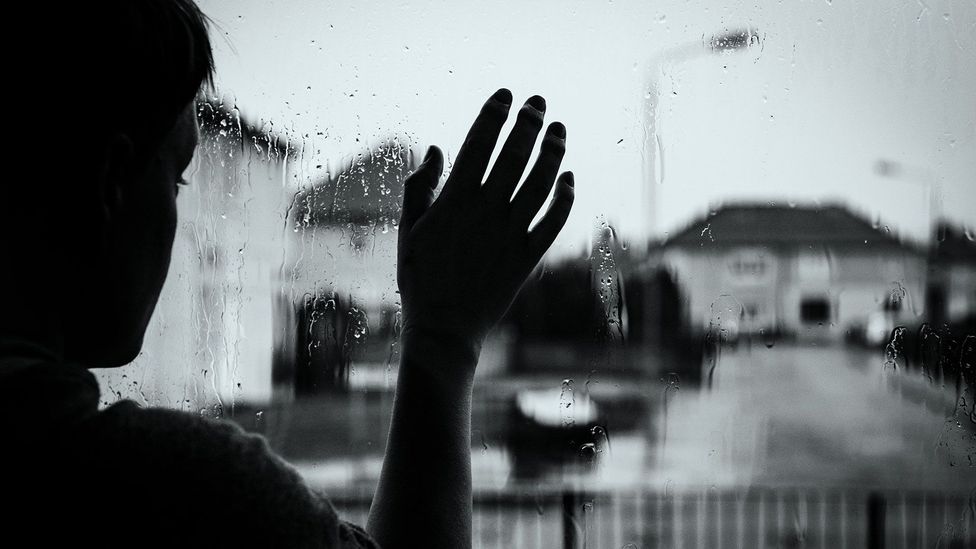Aquagenic Urticaria
"We just don't know. The water seems to cause a histamine release from mast cells n the skin that leads to hives, which is consistent with an allergy.""Mast cells are immune cells in connective tissue throughout the body. They regulate immune responses, blood vessel formation and dilation, and overall balance.""The rash can spread to affect areas that didn't touch water. The wheals usually disappear within 30 to 120 minutes after stopping contact with water.""People feel itching, burning and prickling.""Non-sedating antihistamines are very safe and can be taken daily as a preventive, or one hour before exposure to water."Dr. Benjamin Barankin, dermatologist, medical director, founder, Toronto Dermatology Centre
 | |
| Allergy and Asthma Network |
It's one of those orphan medical conditions. In that it is fairly rare, and doesn't affect a whole swath of the population. Imagine, deciding spontaneously to go swimming on a hot summer day -- forget it. Taking daily morning showers -- problems there. Doing the ordinary everyday activities that connect the human hand at the very least, with running water -- prob-lem! The body's largest organ -- the human skin -- totally rejects casual use of water that will touch the epidermis.
That's external. Thankfully, the allergy doesn't kick in when potable water goes from glass to gullet. When someone says 'don't sweat it' -- refrain if you can because the allergy will kick in then, too. As for feeling sentimental and bringing tears to your eyes -- take care they don't dribble down your cheek since that water contact too, from your inner self to your outer self has consequences.
 |
The rare condition called aquagenic urticaria causes people to experience an allergic skin reaction to water. Touching water results in hives and bumps whenever the skin comes into contact with water. Imagine the frequency with which most of us touch water, or water touches us. Indelicately, every time you visit the bathroom, your hands get washed. The most common elements in any kitchen are the use of water and heat.
No one, explains Dr. Barankin, has a full understanding of factors that could put anyone at risk of developing the allergy. Itchy hives are the immediate response when people with the condition come into skin contact with water. Those hives generally develop on the neck, upper torso and arms. In fact, they can appear anywhere on the body. The hives look like red-tinted raised bumps, and they're called wheals.
Symptoms of wheezing and shortness of breath can occur, in rare instances. Researchers at the Boston University School of Medicine reviewed the diagnostic and management challenges of the condition in the Journal of Asthma and Allergy; given the lack of scientific study and the low numbers of those with the condition, led to an estimation of about 50 cases in total in 2016. While there have been child-onset patients, aquagenic urticaria tends to be more common in younger women and those with a family history.
Urticaria, whose symptoms can dissipate with aging, is seen in dermatology clinics periodically related to reactions to infections and medications. Water can be safely consumed by people with aquagenic urticaria which is a blessing as long as none of that water comes into contact with skin. Treatment? eliminate contact with water when possible.
Antihistamines can provide relief being most effective taken on a regular schedule meant to prevent hives from forming.

Labels: Water Allergy

0 Comments:
Post a Comment
<< Home